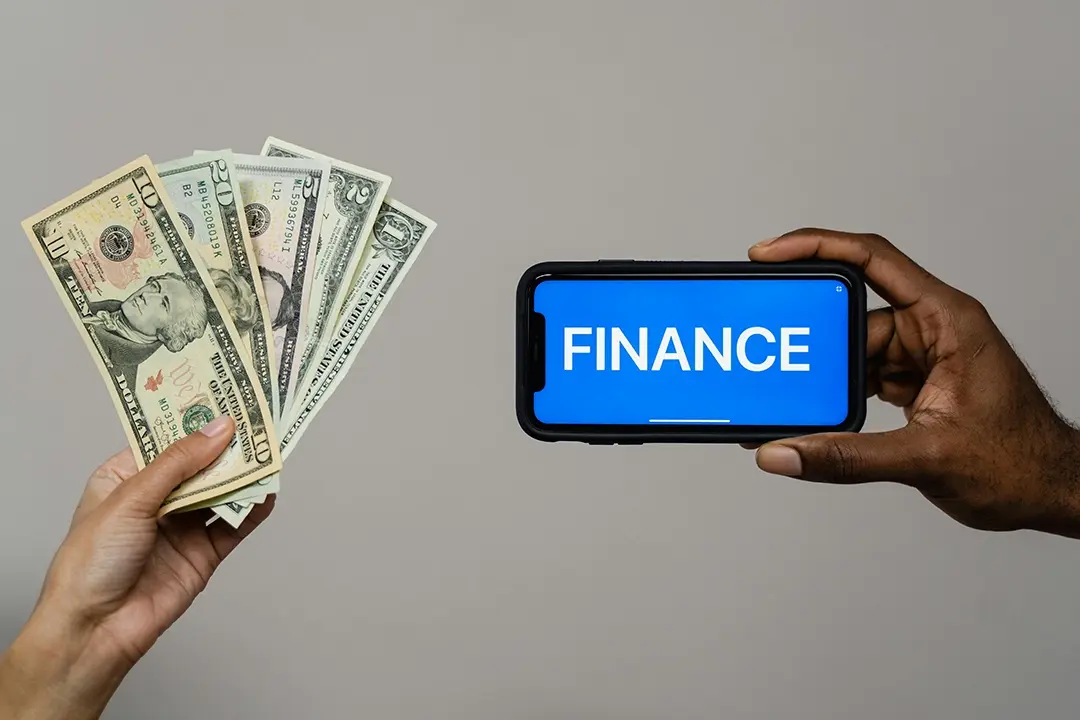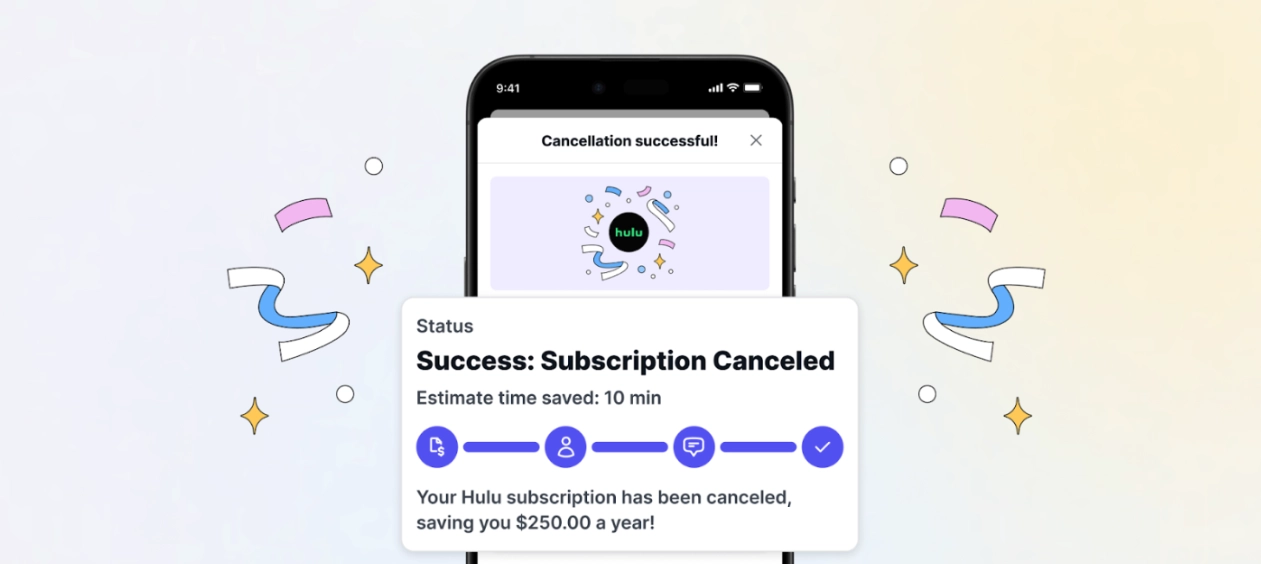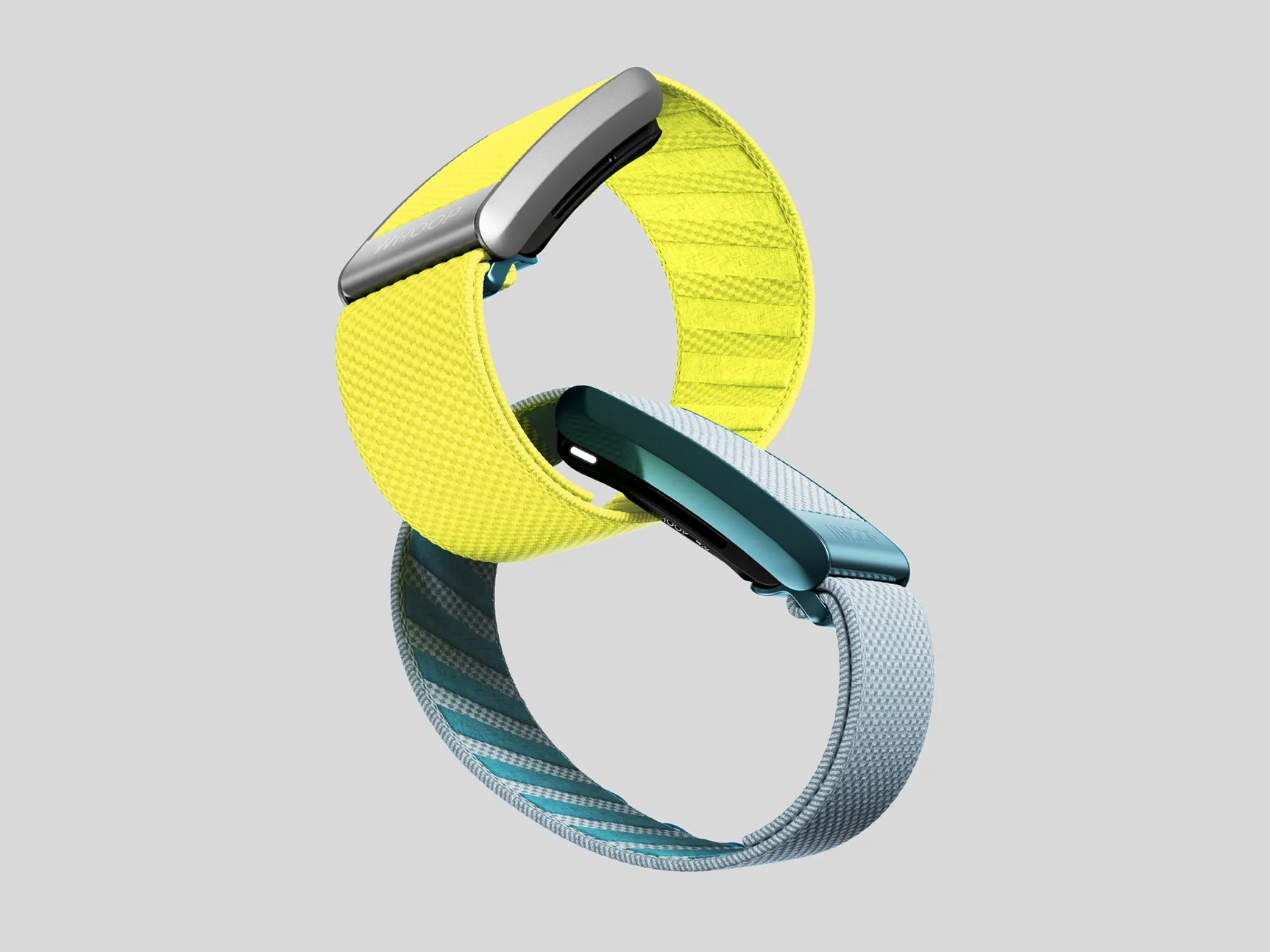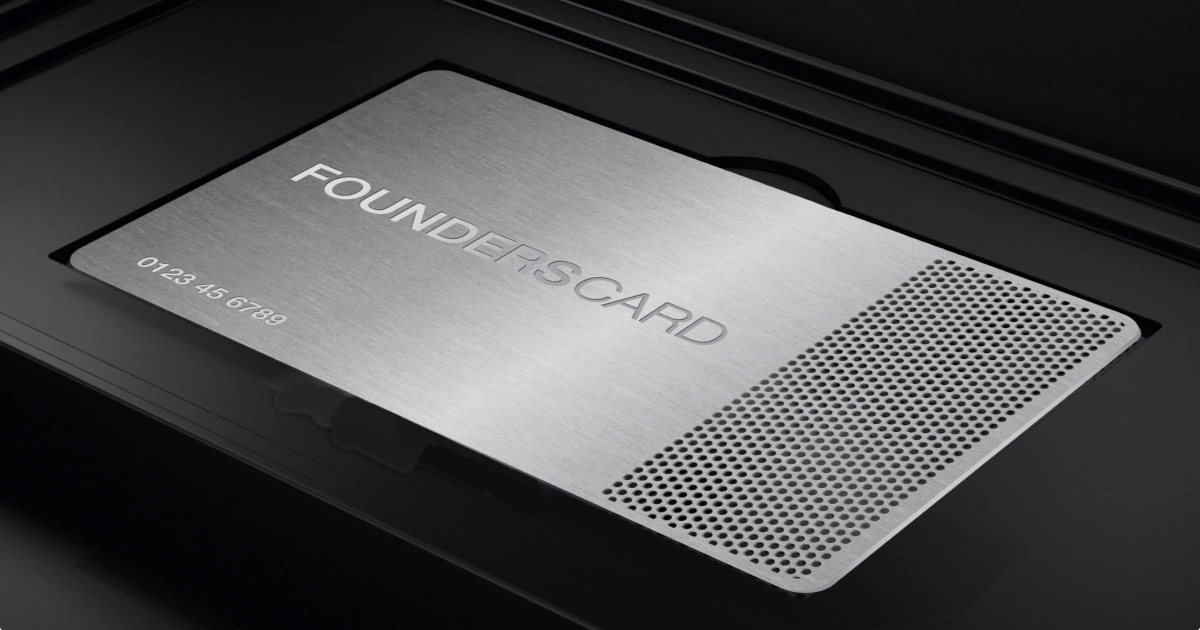
Kudos has partnered with CardRatings and Red Ventures for our coverage of credit card products. Kudos, CardRatings, and Red Ventures may receive a commission from card issuers. Kudos may receive commission from card issuers. Some of the card offers that appear on Kudos are from advertisers and may impact how and where card products appear on the site. Kudos tries to include as many card companies and offers as we are aware of, including offers from issuers that don't pay us, but we may not cover all card companies or all available card offers. You don't have to use our links, but we're grateful when you do!
Does Identity Theft Affect Your Credit Score?
July 1, 2025


Quick Answers
Yes, identity theft can significantly harm your credit score when criminals open fraudulent accounts or accumulate debt in your name.
This fraudulent activity, such as missed payments or high balances, is reported to credit bureaus and can cause a sharp, immediate drop in your score.
While the initial impact can be severe, you can restore your credit by formally disputing the fraudulent items with the major credit reporting agencies.
What Is an Identity Theft?
Identity theft occurs when an individual unlawfully acquires and uses someone else's personal data without their permission. This stolen information can be used to commit various forms of fraud, such as opening new bank accounts or filing fake tax returns. The perpetrator's goal is typically to exploit the victim's identity for personal financial benefit or to engage in other illicit activities.
These fraudulent actions are often reflected in the victim's financial history, creating a direct link to their credit profile. For instance, unauthorized credit cards or loans opened in the victim's name can lead to delinquencies that negatively affect their credit score. A diminished score can, in turn, create significant obstacles when applying for future credit, such as mortgages or auto loans.
How Identity Theft Can Affect Your Credit Score
Identity theft can silently wreak havoc on your financial health. When a thief uses your personal information to open new lines of credit, it can directly and negatively impact your credit score.
Fraudulent Account Opening: A thief uses your stolen information, like your Social Security number, to open new credit cards or loans in your name without your knowledge.
Accumulating Debt: The imposter quickly racks up significant debt on these new accounts. Since the statements are often sent to a different address, you remain unaware of the activity.
Missed Payments and Delinquency: As bills go unpaid, the accounts become delinquent. Lenders begin reporting these missed payments to the major credit bureaus.
Negative Credit Reporting: The fraudulent accounts, high balances, and late payments are added to your credit reports, creating a negative history that lowers your score.
How Much Will Identity Theft Affect Your Credit Score?
The exact impact of identity theft on your credit score can vary, but several key factors determine the extent of the damage.
- Severity of the Fraud: The impact on your credit score depends on the extent of the fraudulent activity. A single unauthorized charge will have a much smaller effect than multiple new accounts opened in your name.
- Detection Time: How quickly you discover and report the theft is a critical factor. The longer the fraud continues, the more significant the potential damage to your credit history and score.
- Type of Fraud: Different fraudulent actions affect your score differently. For instance, a maxed-out credit card in your name will cause more damage than a small, disputed transaction.
How You Can Avoid Identity Theft Affecting Your Credit Score
Monitor Your Credit Reports
Regularly review your credit reports from all three major bureaus: Equifax, Experian, and TransUnion. This allows you to spot unauthorized accounts, inquiries, or other suspicious activity early. Promptly identifying discrepancies is a critical first step in mitigating any potential damage to your credit score.
Use Fraud Alerts and Credit Freezes
Place a fraud alert or a credit freeze on your credit files. A fraud alert notifies lenders to take extra steps to verify your identity. A credit freeze is more restrictive, preventing most third parties from accessing your report to open a new account.
Safeguard Personal Information
Protect your sensitive data both online and offline. Use strong, unique passwords for financial accounts, be wary of phishing attempts, and shred documents with personal information before disposal. Preventing the initial theft is the most effective way to protect your credit history.
Ways to Improve Your Credit Score
Improving your credit score is an achievable goal that can significantly boost your financial health. With consistent positive behavior, most people can see meaningful changes within just a few months.
- Monitor Your Credit Reports. Regularly check your free credit reports from all three major bureaus. This helps you spot and dispute inaccuracies that could be dragging down your score.
- Establish Automatic Bill Payments. Payment history is the most significant factor in your score, so set up automatic payments for all your bills to ensure you never miss a due date.
- Reduce Your Credit Utilization Ratio. Aim to use less than 30% of your available credit at all times. You can achieve this by paying down balances or requesting a credit limit increase.
- Become an Authorized User. If you have a trusted friend or family member with excellent credit, ask to become an authorized user on one of their accounts to benefit from their good history.
- Limit Hard Inquiries. Each time you apply for new credit, it can cause a small, temporary dip in your score. Space out your applications and use prequalification tools whenever possible to avoid unnecessary hard inquiries.
The Bottom Line
While identity theft can negatively impact your credit score through fraudulent activity, its effects are often temporary. Swiftly reporting and disputing inaccuracies can help restore your credit to its pre-theft state.
Frequently Asked Questions
How quickly can identity theft affect my credit score?
Damage can occur rapidly. Fraudulent accounts or maxed-out credit cards can appear on your report within weeks, causing your credit score to plummet quickly.
Will I be able to get a loan after identity theft?
It can be difficult. Lenders may view you as a higher risk until the fraudulent activity is completely removed from your credit report, often delaying approvals.
How long does it take for a credit score to recover after identity theft?
Recovery varies. Once disputes are resolved and fraudulent items are removed, your score can start improving within a few months, but full recovery can take longer.
Unlock your extra benefits when you become a Kudos member

Turn your online shopping into even more rewards

Join over 400,000 members simplifying their finances

Editorial Disclosure: Opinions expressed here are those of Kudos alone, not those of any bank, credit card issuer, hotel, airline, or other entity. This content has not been reviewed, approved or otherwise endorsed by any of the entities included within the post.



































.webp)


.webp)





